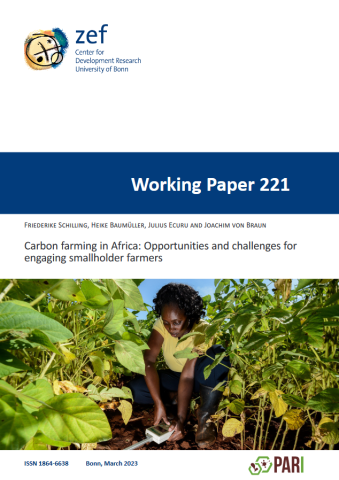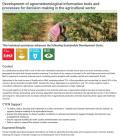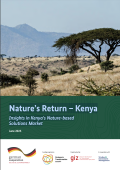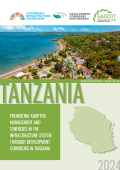
The IPCC stresses the importance of achieving net-zero carbon emissions worldwide by 2050 and natural climate solutions, particularly carbon farming, which can play a significant role in this goal. However, current markets do not account for environmental externalities, which creates a mismatch between individual costs and societal benefits. Payment systems linked to carbon farming practices could help bridge this gap.
This study explores carbon farming's potential to reduce emissions and increase sequestration, emphasizing payments for farmers and challenges, opportunities in emerging carbon markets.
The research examines four areas: agricultural markets as a funding source for carbon farming; payments for carbon sequestration; opportunities for smallholder farmers; and cost-effective monitoring and verification of carbon stocks. Further research is needed to monitor carbon sequestration accurately, reduce GHG emissions, and develop institutional arrangements to promote sustainable production methods in Africa.




